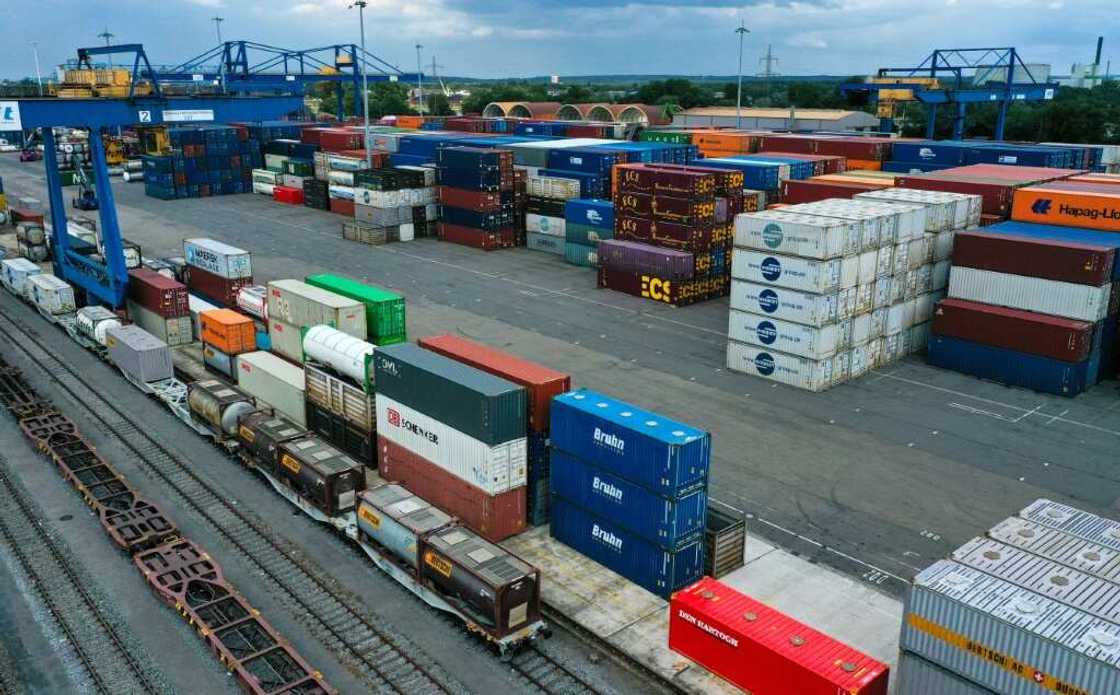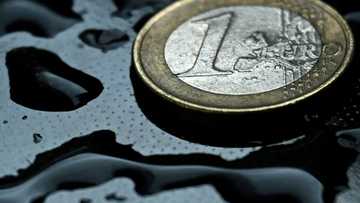EU opens probe into China's medical device market

Source: AFP
The European Union has launched an investigation into Chinese public procurement of medical devices, the EU's official journal said Wednesday, in a move that risks raising further tensions with Beijing.
Brussels fears China is favouring local suppliers and, in the journal, the EU provided the different ways this could be happening including the "Buy China" policy.
The EU also has concerns that China may have restrictions on imports as well as imposing conditions "leading to abnormally low bids that cannot be sustained by profit-oriented companies", the notice said.
"The... restrictive measures and practices put at a significant and systemic disadvantage (European) Union economic operators, goods and services as they systematically favour the procurement of domestic products to the detriment of imported ones," it added.
It is the first probe under the EU's International Procurement Instrument which seeks to promote reciprocity in access to international public procurement markets.
If the investigation finds that there is unfair behaviour, the EU can limit Chinese companies' access to the public procurement market in the 27-country bloc.
The journal said the investigation would be concluded within nine months of its start, although the European Commission can extend this for an extra five months.
The notice said Beijing is "invited to submit its views and to provide relevant information" and China can also "enter into consultations with the Commission in order to eliminate or remedy the alleged measures and practices".
China's medical devices market is the second largest after the United States, worth around 135 billion euros in 2022 ($145 billion), according to a 2023 report by China-focused think tank MERICS.
Raft of probes
Brussels has launched a wave of investigations targeting China over green tech subsidies in the past few months.
The EU provoked Beijing's ire earlier in April after announcing an investigation into Chinese wind turbine suppliers.
Other probes have focused on Chinese subsidies for solar panels, electric cars and trains as Brussels seeks to move away from excessive reliance on cheaper Chinese technology.
EU officials have repeatedly said they want to "derisk" their economic ties to China after Moscow's assault on Ukraine exposed the Europe's energy dependence on Russia.
The EU has also adopted laws that often have China in their sights. On Tuesday, the European Parliament approved a ban on products made using forced labour which supporters hope will be used to block goods from China.
And Wednesday's investigation comes a day after German authorities said they had arrested an aide to Maximilian Krah, a member of the EU parliament for the AfD and the party's top candidate for June's EU elections, on suspicion of spying for China.
PAY ATTENTION: Unlock the best of Legit.ng on Pinterest! Subscribe now and get your daily inspiration!
Source: AFP




